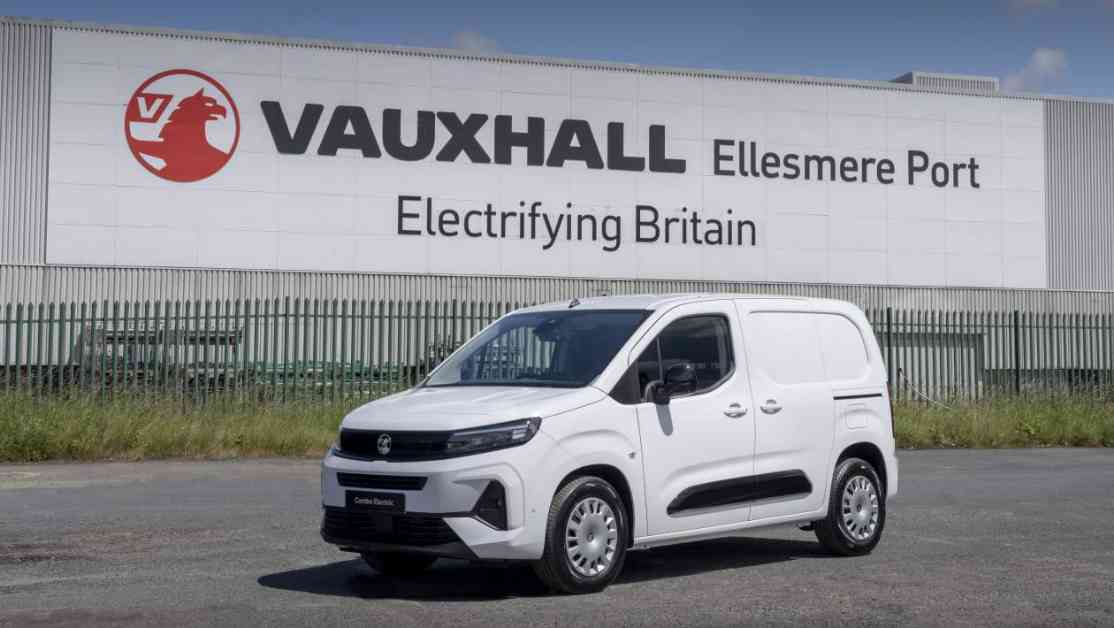Vauxhall’s parent company, Stellantis, recently raised concerns about the possibility of halting production in the UK due to the stringent ZEV mandate quotas set by the UK government. The ZEV mandate requires car manufacturers to ensure that a certain percentage of their new car sales are zero-emission vehicles, with the expectation that 80% of new car sales will be electric by 2030.
During the Society of Motor Manufacturers and Traders (SMMT) annual summit, Maria Grazia Davino, Stellantis UK Managing Director, emphasized the potential consequences if the government does not provide support to meet these mandates. Stellantis currently operates an EV-only plant in Ellesmere Port, dedicated to producing electrified light commercial vans. The company also planned to start building EVs at its Luton plant, but Davino’s remarks cast doubt on the viability of this project, putting over 1,000 existing jobs at risk.
Mike Hawes, SMMT chief executive, highlighted the importance of introducing incentives for consumers to accelerate EV uptake and help manufacturers comply with ZEV mandates. He mentioned that the industry has the necessary regulations but lacks incentives to drive consumer demand, stating that “we have the stick, we just need the carrot.” Hawes referred to the Labour manifesto, which proposed a sector strategy for the automotive industry, as a potential solution to address these challenges.
The SMMT believes that smart policies from the government could lead to significant growth in the UK manufacturing sector, potentially resulting in £50 billion of growth and encouraging 17 million drivers to switch to EVs by 2035. The organization also stressed the importance of standardizing battery health information in the used car market to build consumer confidence and ensure consistency.
In light of Stellantis’ concerns and the broader implications for the automotive industry, it is clear that collaboration between industry stakeholders and the government is crucial to drive EV adoption and meet ZEV mandate quotas. By implementing supportive policies, such as VAT cuts for public charging and private EV sales, the government can incentivize consumers to embrace electric vehicles and help manufacturers transition towards a sustainable future.









